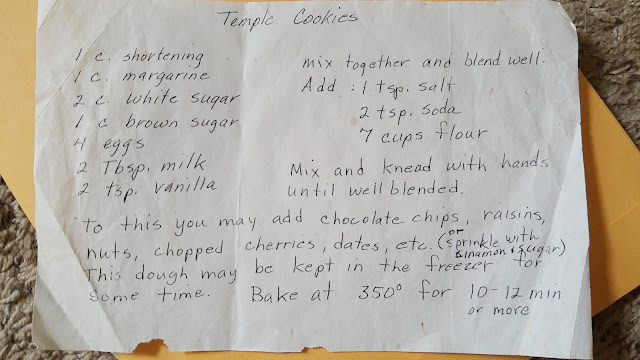Posts
Showing posts from 2021
What Faith in Jesus Christ Looks Like During a Global Pandemic
- Get link
- Other Apps
Why "No" Needs to Become a Complete Sentence in the Church
- Get link
- Other Apps
Cookie Recipe from the Washington D.C. Temple Cafeteria
- Get link
- Other Apps
When the Antics of the Unvaccinated Become Everyone Else's Problem
- Get link
- Other Apps
The Case for Not Celebrating Pioneer Day at Church
- Get link
- Other Apps
The Online Harassment and Violence of Matthew Cicotte
- Get link
- Other Apps
















